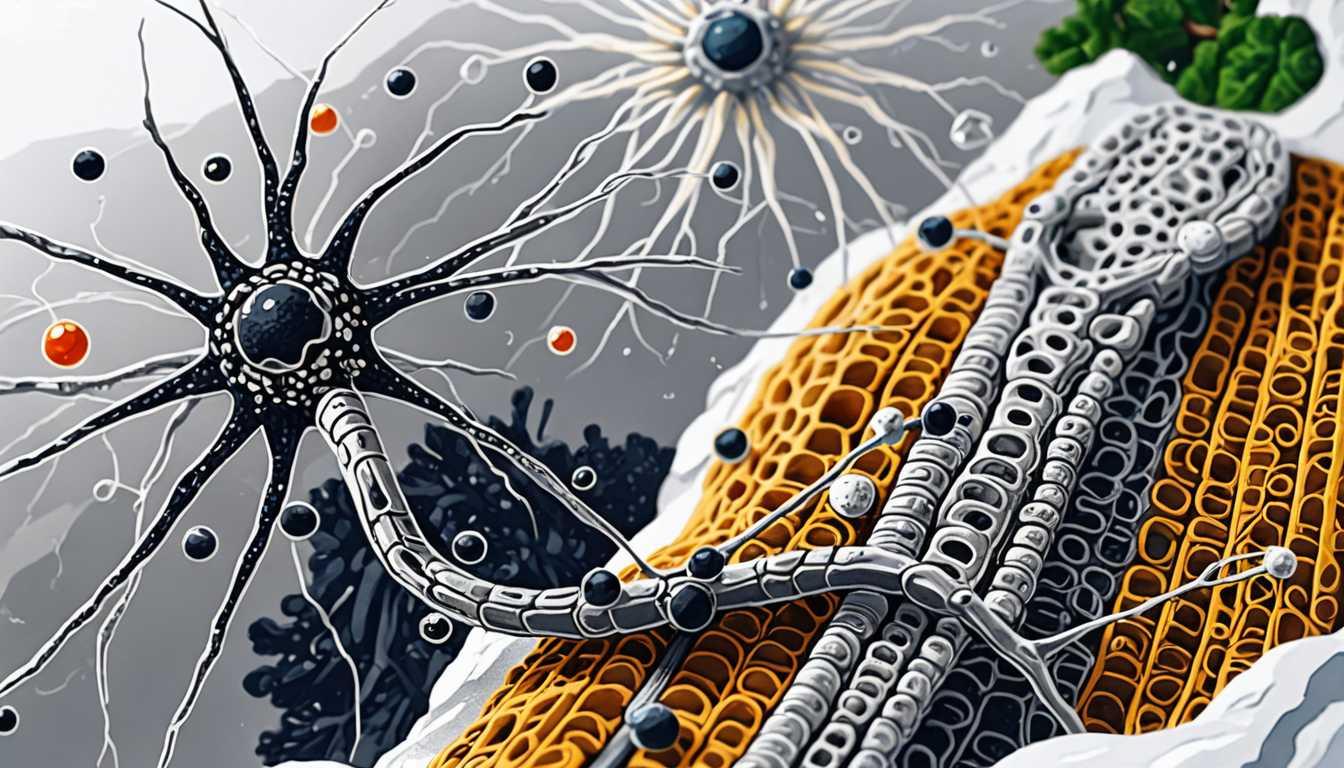Genetic Keys to Diabetes Unveiled
October 2023
Cornell University
Introduction
Dive into the world of genetics with Cornell University's latest discovery! In a groundbreaking study, scientists have unlocked secrets of Type 2 diabetes by examining 20 genes simultaneously, using cool tech like CRISPR-Cas9. They found new pathways affecting insulin production, moving us closer to outsmarting this common disease. Imagine turning off genes like flipping switches and watching what happens! This research isn't just about diabetes; it's a gateway to understanding other complex diseases. Ready to explore the genetic maze and its impact on health?
READ FULL ARTICLEWhy It Matters
Discover how this topic shapes your world and future
Unraveling the Sweet Mystery of Diabetes
Imagine a world where we could predict and prevent a condition that affects millions of people worldwide before it even happens. That's the goal of recent groundbreaking research on Type 2 diabetes. This disease, where sugar levels in the blood are too high due to insufficient insulin production, can lead to serious health issues like heart and kidney disease. What makes this research fascinating is its scale and approach. Scientists have moved beyond looking at individual genes to examining how multiple genes interact in contributing to diabetes. This not only sheds light on the complex genetics behind the disease but also opens doors to new ways of treating it. For you, this could mean a future where diabetes is no longer a major health threat. Plus, understanding how lifestyle choices and genetics intertwine to affect our health is directly relevant to making informed decisions about your own well-being.
Speak like a Scholar
Genome
The complete set of DNA, including all of its genes, in an organism. Think of it as the blueprint for building and maintaining that organism.
Insulin
A hormone produced by the pancreas that allows your body to use sugar (glucose) from carbohydrates in the food for energy or to store glucose for future use. Insulin helps keep your blood sugar level from getting too high or too low.
CRISPR-Cas9
A revolutionary gene-editing tool that allows scientists to cut DNA at specific locations, enabling the addition, removal, or alteration of sections of the DNA sequence.
β-cells
Specialized cells in the pancreas that produce insulin. They play a key role in managing blood sugar levels.
Gene expression
The process by which the instructions in our DNA are converted into a functional product, such as a protein. It's how genes get ""turned on"" to do their jobs.
Computational models
Computer-based simulations that help scientists understand and predict complex biological processes by analyzing massive amounts of data.
Independent Research Ideas
The role of diet in gene expression related to diabetes
Investigate how different diets might influence the expression of diabetes-related genes and potentially mitigate the disease's development.
CRISPR-Cas9 and diabetes prevention
Explore the ethical, social, and medical implications of using CRISPR-Cas9 technology to edit genes that increase diabetes risk in humans.
Insulin production in β-cells
Dive into the specific genetic factors that influence insulin production in β-cells and how understanding these could lead to new treatments.
Environmental vs. genetic factors in diabetes
Analyze the relative impact of lifestyle choices and genetic predisposition on the development of type 2 diabetes.
The future of personalized medicine in treating diabetes
Examine how genetic information could be used to tailor diabetes treatment to individual patients, improving outcomes and reducing side effects.
Related Articles

B Cells: Cancer's Nemesis Revealed
May 2024
University of Oxford

Smile Restored: A Medical Marvel
October 2023
Harvard University

Decoding ALS: MIT's Groundbreaking Study
May 2024
Massachusetts Institute of Technology (MIT)

Vaccines 2.0: The Self-Copying Revolution
February 2024
MIT Technology Review

Mapping the Brain: Cell by Cell
December 2023
Harvard University